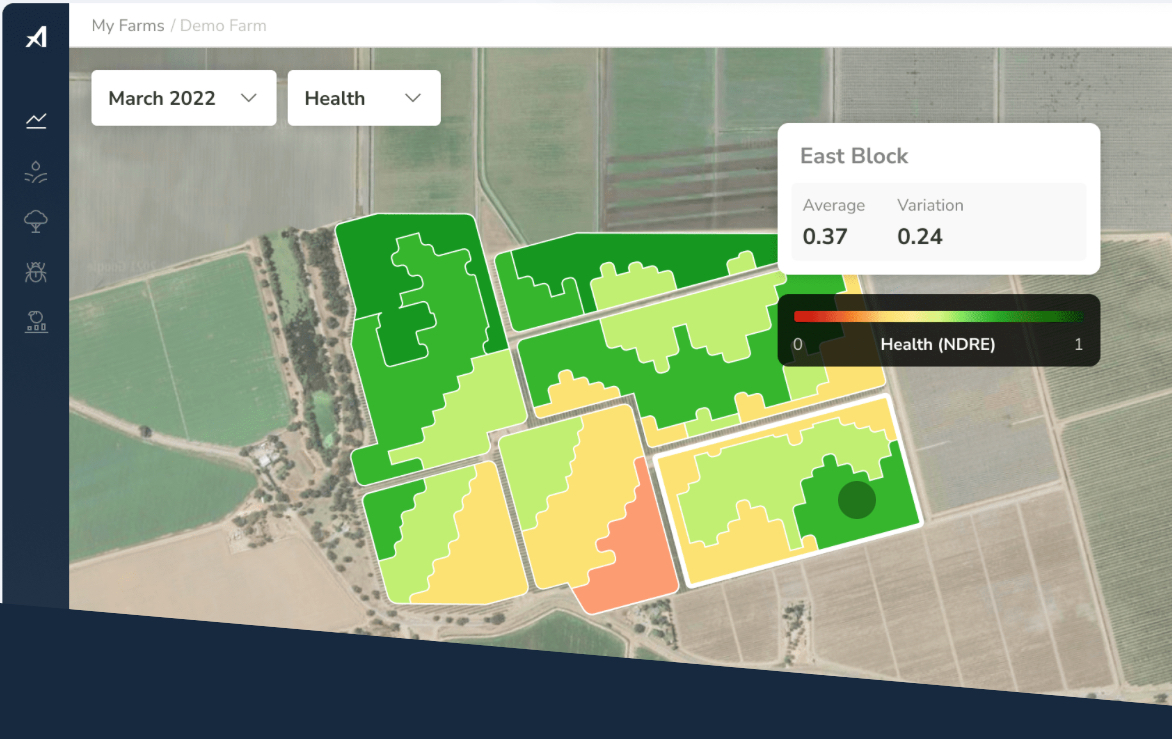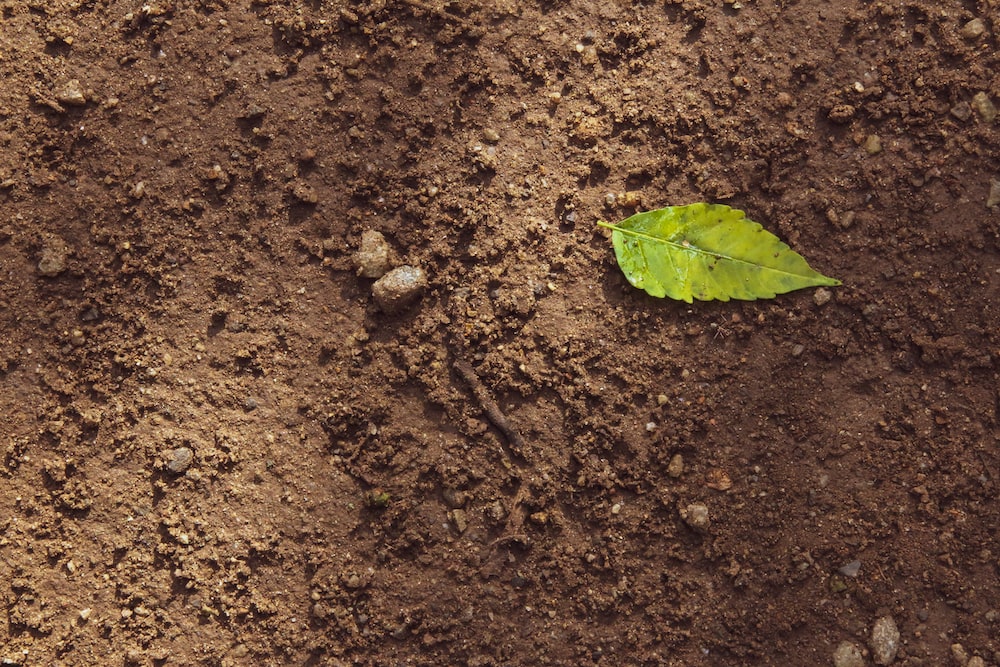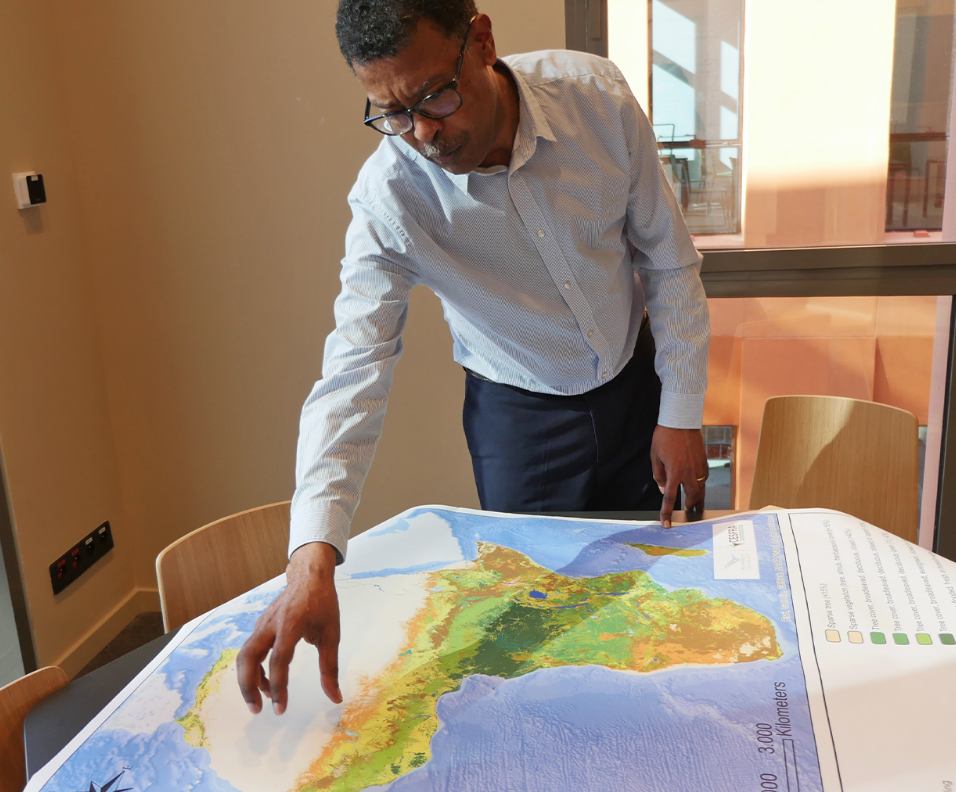Experts at Mohammed VI Polytechnic University Tackling the African Soil Crisis
Key Points
- Over 40% of African soils lack adequate phosphorus, hindering crop yields. Morocco’s phosphate reserves can transform African agriculture.
- Morocco’s substantial phosphate reserves provide Africa with a vital nutrient as global phosphorus supplies dwindle. Phosphorus is a finite resource that must be used sustainably.
- Tailored fertilizer applications will move from blanket approaches to precision agriculture based on crop and soil testing.
- Improved soil fertility and optimized phosphorus levels can increase yields by up to 40% for staple crops like maize and cassava.
- Collaboration between experts at Mohammed VI Polytechnic University and the OCP Group aims to implement proven techniques already working in Morocco.
Morocco is implementing a phosphorous-fueled plan to improve soil fertility across Africa. This plan, pioneered by the Mohammed VI Polytechnic University and the OCP Group, aims to address the critical challenge of soil degradation and low crop yields due to phosphorus-deficient soils.
A critical challenge is the widespread soil erosion and phosphorus limitation in African soils, which hampers agricultural productivity. Despite Morocco’s rich phosphate deposits, many African soils remain undernourished, affecting crop yields.
The project is led by scientists and researchers at Mohammed VI Polytechnic University in Morocco, with significant involvement from the OCP Group, a major phosphate company.
By The Numbers: Phosphate in African Soils and Its Impact
- Widespread Deficiency: Over 40% of African soils suffer from severe phosphate deficiency, hindering crop yields and food security for millions.
- Critical Nutrient: Phosphate plays a crucial role in plant growth and development,influencing root growth, flowering, and fruit production.
- Limited Access: African farmers often lack access to affordable and readily available phosphate fertilizers, impacting agricultural productivity.
- Yield Reductions: Studies indicate phosphate deficiency can cause yield reductions of up to 40% for major staple crops like maize and cassava.
- Economic Impact: Low crop yields due to phosphate deficiency translate to food insecurity, reduced income for farmers, and economic challenges for African nations.
- Environmental Consequences: Soil erosion and nutrient depletion, fueled by low phosphate levels, can degrade land and reduce long-term agricultural potential.
The approach involves building a network of farmers and soil experts to conduct routine soil testing, which will inform tailored fertilizer recommendations. The project aims to revolutionize agriculture by moving from blanket fertilizer applications to precision agriculture, with an emphasis on specific needs of different crops and soils.
The project can dramatically increase crop yields and food security in Africa, reducing hunger and poverty. By improving soil fertility and agricultural practices, it can enable a shift from subsistence farming to more sustainable, productive agriculture.
The team in Morocco has created soil fertility maps, a first in Africa, and has begun implementing these practices within its own borders. Additionally, plans for expanding this project to other African countries are underway.






